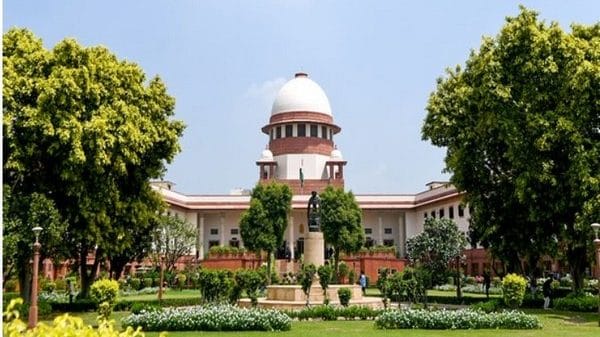
Thank you dear subscribers, we are overwhelmed with your response.
Your Turn is a unique section from ThePrint featuring points of view from its subscribers. If you are a subscriber, have a point of view, please send it to us. If not, do subscribe here: https://theprint.in/subscribe/
When we see the situation in the country today, it hurts us badly. So, I decided to write this article. As the decentralization of power is one of the characteristics of democracy. I hope so! It is also required to criticize in a decentralized manner. Why? You will find it here.
Decentralization of power is one of the characteristics of a healthy democracy. As per the father of our nation Mahatma Gandhiji, decentralization of political power is the basic requirement for the success of true democracy. To delegate the power at lower levels from the upper level (i.e. center to state and state to district) empowers people. However, for its successful implementation, it requires honest candidates to be elected by people at various levels (i.e. from Sarpanch to MLA and MP).
However, human nature is very dynamic and volatile. So as our elected representatives at various levels. On one hand decentralization of the power empowers democracy provided that it is in good hand, the other hand such power should come with the responsibility to deliver on promises given in the election manifesto. Here, I would like to quote the famous movie Spiderman’s dialogue: “With great power comes great responsibility!” In the ideal condition, we should get the maximum efficiency out of any system according to thermodynamics. (Carnot Cycle Efficiency) But, we live in the real world so it is not possible. Then what is possible! It is absolutely possible to approach the ideal conditions by reducing waste. After reading the last couple of lines, one can probably argue that this mechanical engineer is teaching us thermodynamics! So, let’s focus on the main idea of reducing the waste in the system. How to do so? According to me the answer is decentralized criticism or in simple words sustained pressure over local elected members by asking questions over the span of six or five years of their terms. Some may argue that why decentralized and not directly on the top leadership. I can give you a simple example of a village where it is required to get clean tap water in every home but the area leader is not in the mood to do so! For this, you can not directly blame the top leaders of your country. However, the sustained pressure on local leaders should transfer to the top leaders. This is how it should work ideally. But in exceptional circumstances, interventions from top leaders are required. So one should follow a bottom-to-top approach. But what is happening in India is a top to bottom approach at this moment. This kills the idea of democracy. Why is this happening? The straight answer is centralized power. So top leaders should understand when there are elections in states, one should not waste time on that. It requires grooming local leaders at various levels by delegating responsibility and power. Now the question is how to change this condition. I think by asking questions to local leaders (i.e. decentralized criticism)
One can do a case study on this. Which approach is better bottom-to-top or top-to-bottom as far as the direction of sustained pressure is concerned? Or maybe many people have already studied this!
All types of feedback are welcome on this. Thank you for your attention!
These pieces are being published as they have been received – they have not been edited/fact-checked by ThePrint.


COMMENTS